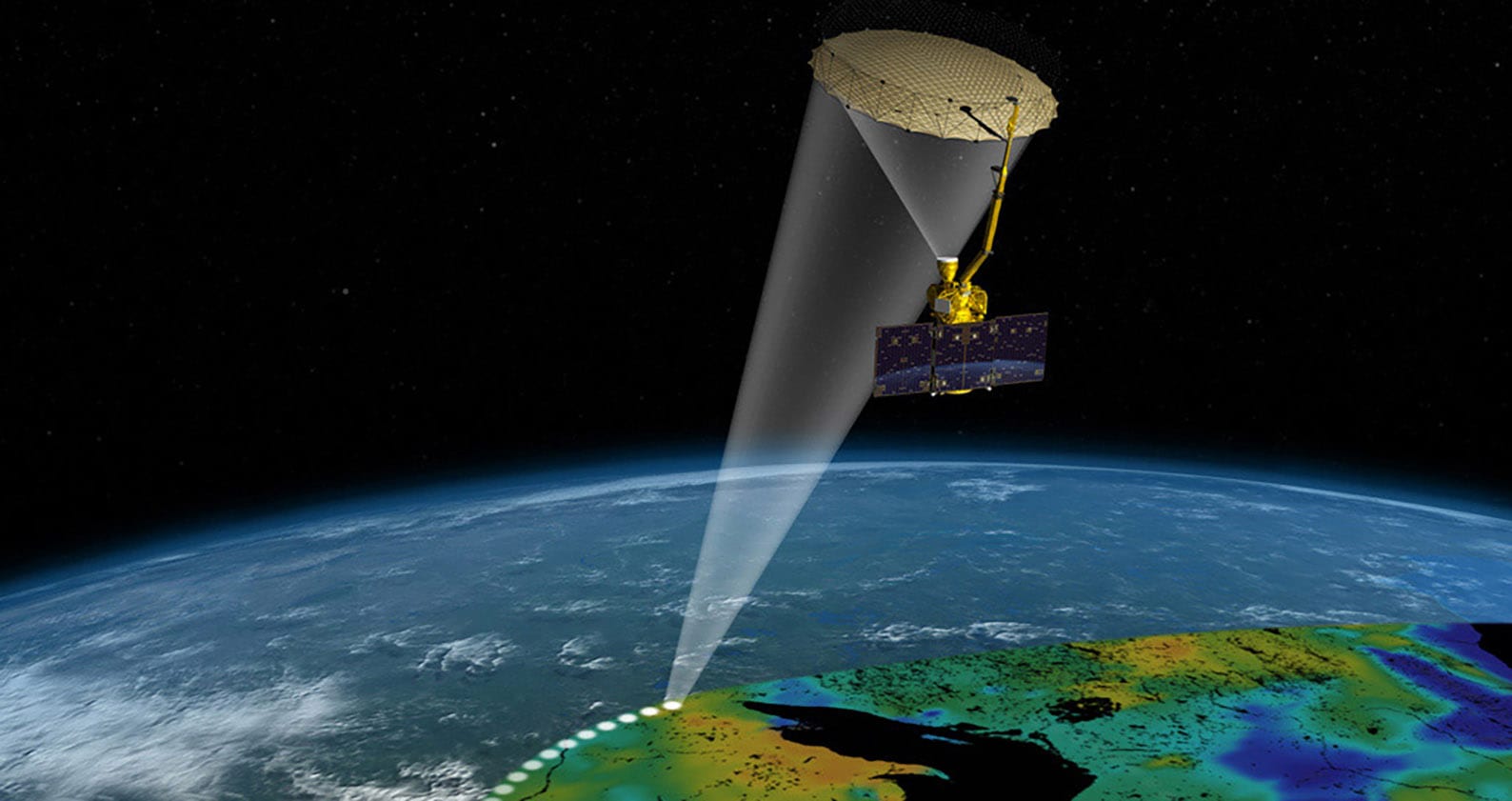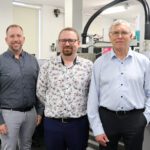Curtin University researcher Professor Peter Teunissen is the first scientist from the Southern Hemisphere to receive the prestigious Johannes Kepler Award for his game-changing contributions to the development of satellite navigation.
Professor Teunissen, from Curtin’s School of Earth and Planetary Sciences, received the award from the Institute of Navigation’s Satellite Division at the recent ION GNSS+ Conference in the United States.
Among his achievements, Professor Teunissen invented the Least Squares Ambiguity Decorrelation Adjustment (LAMBDA) method, which became the worldwide standard for ambiguity resolution and revolutionised high precision Global Navigation Satellite System positioning capabilities.
Curtin University Vice-Chancellor Professor Deborah Terry congratulated Professor Teunissen on being recognised for his influential contributions to satellite navigation, and for his ongoing dedication to the global education of the next generation of navigation engineers.
“The Institute of Navigation’s Johannes Kepler Award is the highest international honour for satellite navigation and for Professor Teunissen to become the first researcher from the Southern Hemisphere to receive it is a remarkable achievement,” Professor Terry said.
Professor Teunissen said the LAMBDA method has become the most widely used tool in land, air and space navigation; positioning and attitude determination; differential and network processing; and in surveying and geodesy.
“The findings of my research have been important for multi-GNSS processing, which require a proper understanding of individual system characteristics and their respective contributions to achieve navigation solutions of the highest precision and integrity,” Professor Teunissen said.
“My research into recently launched Japanese satellites boosted satellite positioning capabilities in Western Australia, offering huge potential benefits across numerous industries including mining, surveying and navigation.
“As part of this research, analyses done by Curtin’s GNSS Research Centre demonstrated the highly accurate centimetre-level positioning capabilities that can now be achieved.”
Professor Teunissen has made significant contributions to educating future generations, has published more than 300 papers and seven books, is co-editor and author of the Handbook of Global Navigation Satellite Systems, and is a member of 13 editorial boards. He is a regular contributor to ION and ION programs. He is a Fellow of the ION, the RIN and the Royal Netherlands Academy of Sciences.



